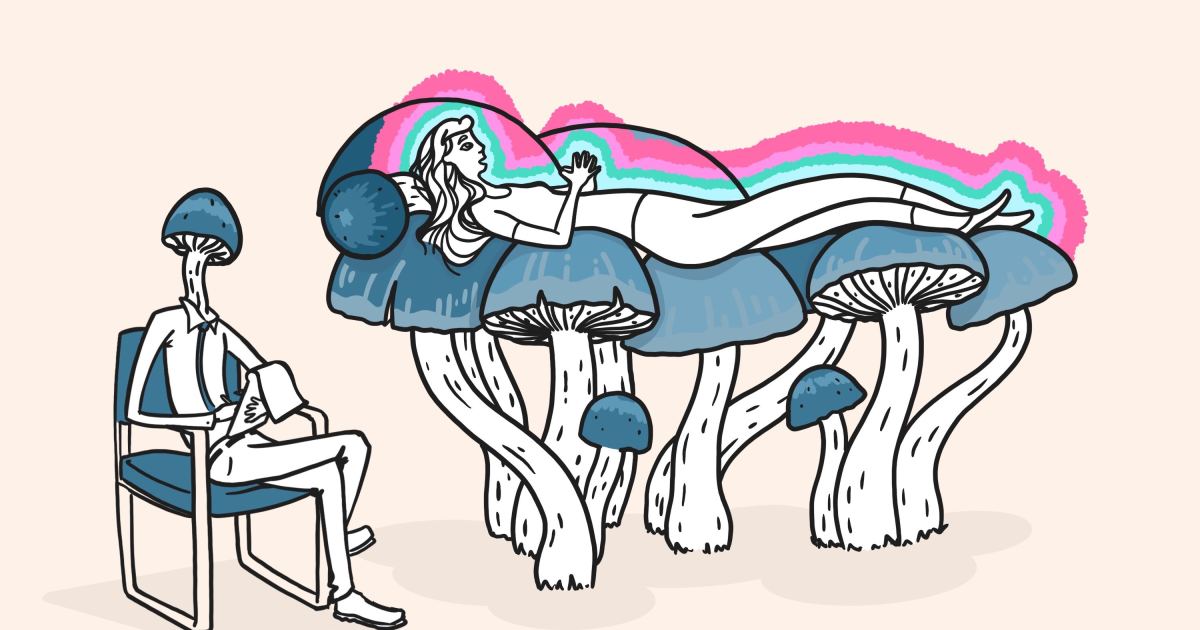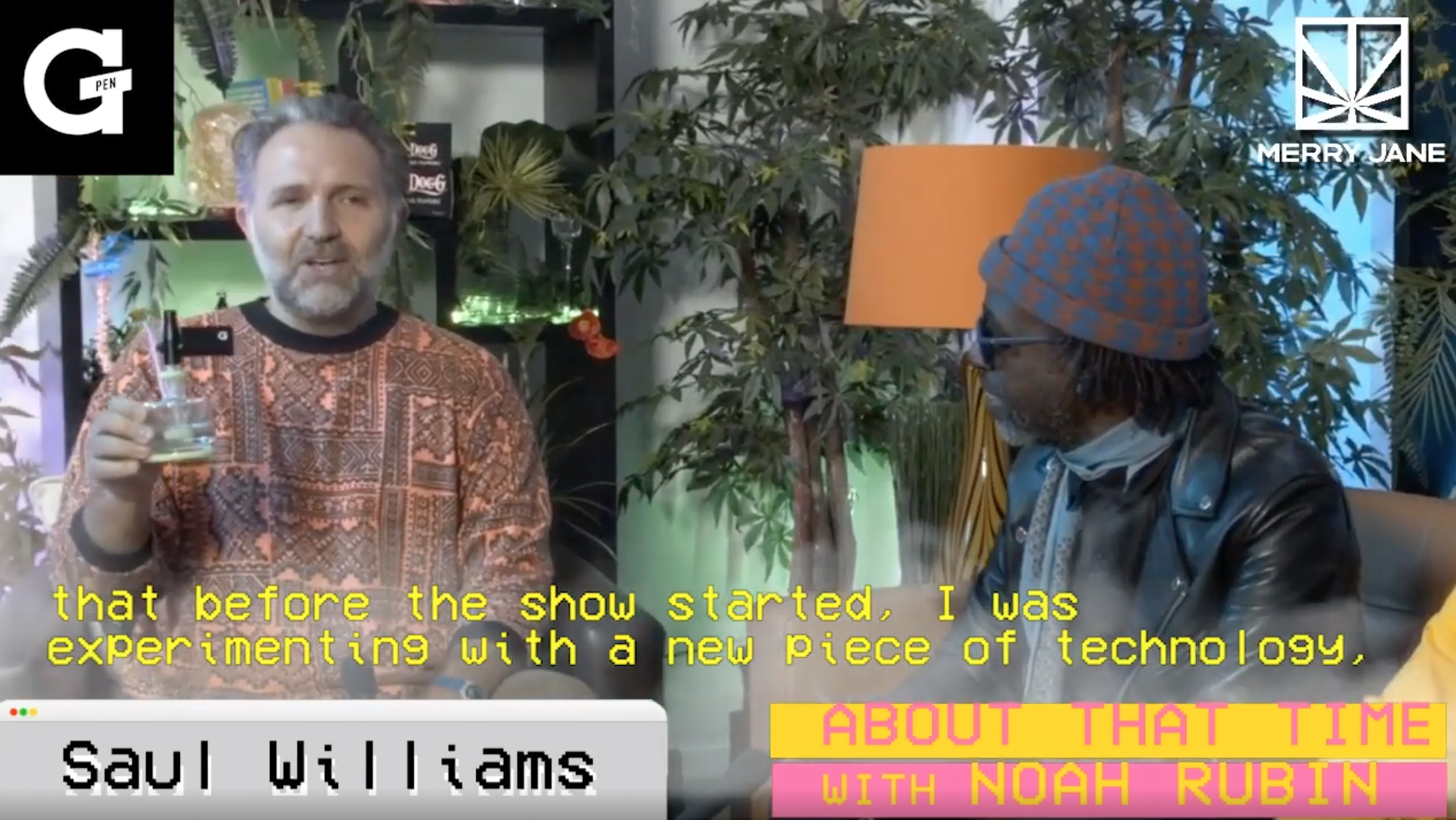Image via
A study published in the journal Chronic Stress found that people who had used psychedelic substances four or more times with therapeutic intent reported less symptoms of stress commonly related to childhood trauma.
Its findings were based on a 20-minute online survey administered to 166 participants. 93 percent of the study’s subjects reported experiencing some kind of severe maltreatment as a kid, from emotional and sexual abuse to neglect. Nearly a third of respondents said that at some point they used psychedelics as a therapy treatment. The online format was a conscious decision by investigators to measure the therapeutic effects of taking psychedelics in naturalistic settings (i.e., real life situations) rather than in a clinic under the supervision of professionals.
Those who experienced childhood maltreatment and received psychedelic-assisted therapy found relief from the enduring negative symptoms of growing up in an abusive or neglectful situation.
Among the most dramatic results of the study were in the area of “self-organization,” defined as trauma symptoms pertaining to areas like self-image and relationship health. People who had taken psychedelics in a therapeutic manner at least five times reported less problems in these areas.
The study had at least one major limitation. 90 percent of the respondents identified as white — a homogeneous racial pool that, sadly, makes up a lot of institutional research on the impacts of psychedelics.
Its authors are aware of this specific shortcoming. “It’s a longstanding problem in psychedelic science that people of color, especially Black people, are dramatically underrepresented in study samples,” said CJ Healy, a Ph.D. student from the New School for Social Research and study author. “More research needs to be done using samples higher in racial and socioeconomic diversity in order to represent the experiences of oppressed and marginalized peoples in our findings.”
Advocacy groups such as Oregon’s Fruiting Bodies Collective and Maryland’s Sabina Project have made it their mission to increase the inclusion of BIPOC communities in all aspects of psychedelics access, from research and legislation.
Psychedelics are the subject of much political action throughout the United States. Several cities including Denver, Oakland, and Washington DC have decriminalized possession. Oregon, however, became the first state to legalize psilocybin mushrooms for therapeutic purposes last fall, and several states, including California, are considering mushroom access bills in the legislature.
The tide is changing when it comes to official postures on psychedelics research. MERRY JANE wrote in June about the US federal government’s recent memo to a Hawaiian senator that left the door open to further psychedelic research, particularly regarding their effects on the “mechanisms of illness and possible interventions, ultimately leading to novel treatments with fewer side effects and lower abuse potential.”
The US Department of Veterans Affairs (VA) also recently admitted that it is closely following the research being done on the impacts of psychedelic treatments on PTSD. Psychedelic science is proliferating right now, thanks to institutions’ dedicated centers for this specific kind of research, such as Johns Hopkins Center for Psychedelic and Consciousness Research. It’s proof that we are undoubtedly in a new era, one where psychedelic medicine may actually catalyze the paradigm shift our world desperately needs.











